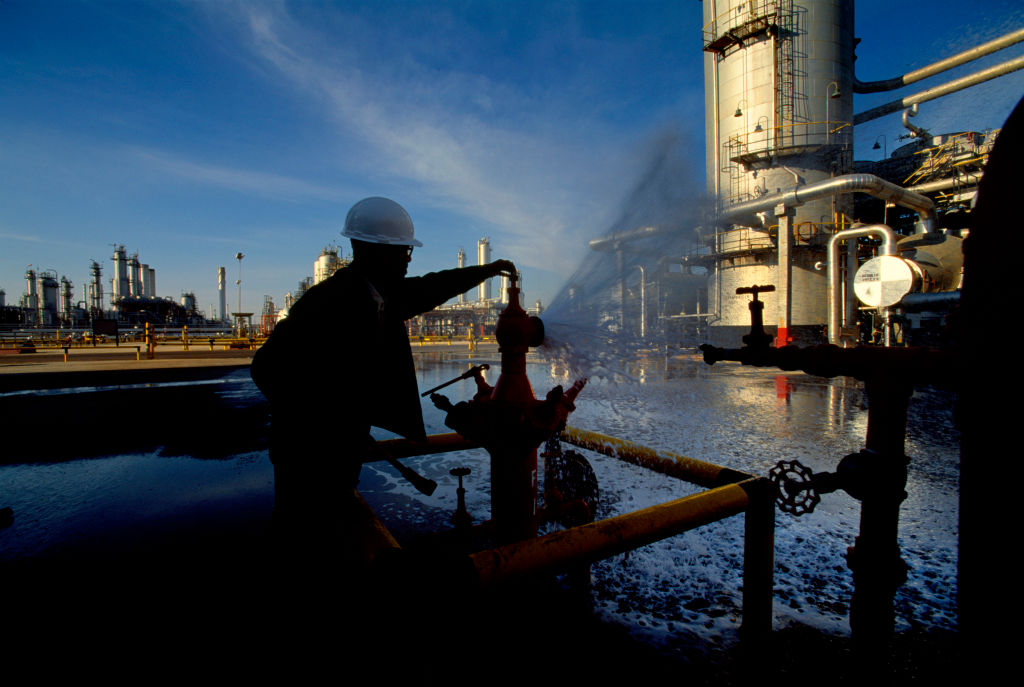Saudi Arabia, Russia to Continue Voluntary Oil Cuts

The Facts
The two major global oil producers Saudi Arabia and Russia reaffirmed their commitment to further oil production cuts through to the end of the year on Sunday. The move by the OPEC+ members comes as tensions in the Middle East continue to weigh on the global crude oil markets.
Saudi Arabia — the world's leading oil exporter — will maintain a voluntary production cut of 1M barrels per day that began in July, reducing output to about 9M barrels per day (bpd) in December, an official source from the kingdom's energy ministry said. The source added that the decision will be reviewed next month.
The Spin
Narrative A
While OPEC leader, Saudi Arabia, pretends that the continued production cuts are aimed at stabilizing the global crude oil market, the main goal is to boost prices. By cutting supply, however, Saudi Arabia is shooting itself in the foot, as Saudi Gross Domestic Product continues to shrink as a result and this development is only partially offset by growth in non-oil sectors. The Saudis are facing a dilemma, as global recessionary risks are affecting global oil demand, yet the Kingdom will have to phase out the production cuts in order to get back on track for growth.
Narrative B
The decision by Saudi Arabia and Russia to voluntarily continue to cut oil production reflects OPEC's proactive policy to limit global oil market volatility and is not price-driven. Thanks to the precautionary measures, which are regularly reviewed, the global oil market is moving in the right direction of a balanced supply-demand balance. In order to keep the market stable as demand is expected to increase due to the global economic recovery, the world needs to ramp up investment in all types of energy sources, including oil.
Narrative C
While Riyadh and Moscow officially maintain close cooperation, in reality, that partnership is eroding when it comes to output cuts. While Saudi Arabia continues to carry the main burden of balancing the oil market and propping up prices, exports of Russian crude oil are rising, with Moscow recently reducing its promised production cuts. This is no surprise as Russia's natural gas exports have fallen sharply and Moscow is even more reliant on its oil sales to fund its war effort in Ukraine. This issue is likely to come up at the next OPEC+ meeting.